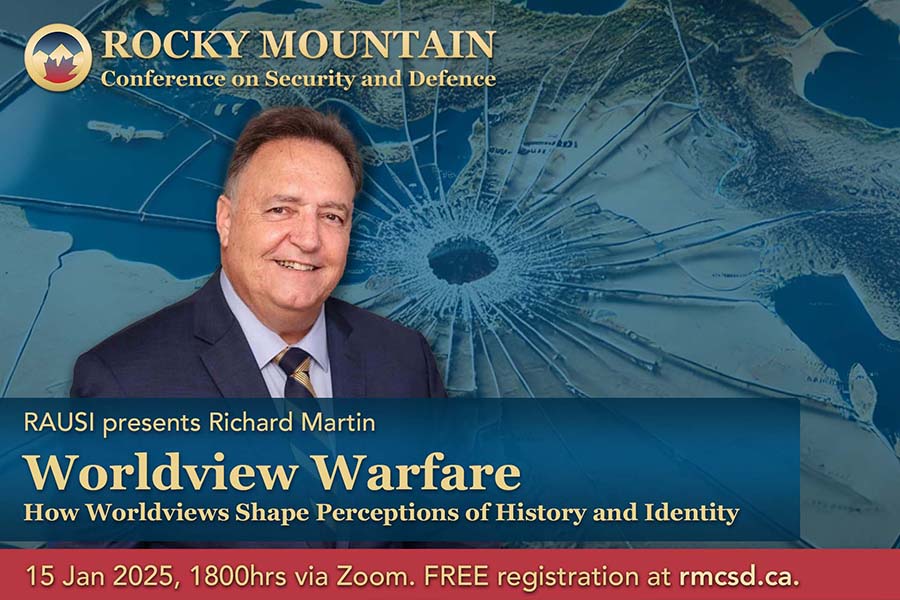30 January, 2025
Liberalism has been a driving force in shaping the modern world, from the rise of democratic governance to the explosion of technological innovation and the expansion of human rights. At its core, the liberal worldview is one of progress, grounded in the belief that human beings, when free to pursue knowledge and self-improvement, can create better lives for themselves and society at large. This optimistic outlook has driven some of humanity’s most significant advancements—but it is also a worldview that carries hidden risks.
Let’s explore how liberalism’s strengths and vulnerabilities are interconnected, and why understanding both is crucial for navigating today’s complex world.
What Is the Liberal Worldview?
At its heart, the liberal worldview rests on several key principles:
- Self-reliance and individual responsibility
People are capable of taking charge of their own lives and improving their circumstances through hard work, education, and initiative. - Belief in reason and progress
Human societies advance by embracing change, innovation, and rational problem-solving. - Commitment to equality and universal rights
Everyone deserves equal opportunity and protection under the law, regardless of background or status. - Tolerance and open dialogue
Conflict is best resolved through peaceful debate and compromise rather than force.
These ideas have fueled economic growth, scientific breakthroughs, and greater social freedoms over centuries. Liberalism’s adaptability and optimism have enabled it to thrive in dynamic environments, where its emphasis on reform and progress has consistently opened new frontiers for human potential.
But the same qualities that make the liberal worldview powerful can also make it fragile when confronted with challenges that it fails to fully grasp.
Strength: The Power of Self-Reliance and Adaptability
One of liberalism’s defining strengths is its emphasis on self-reliance and adaptability. Societies that embrace this worldview create opportunities for individuals to innovate, fail, and try again. The belief that change can be good—even necessary—has driven extraordinary advancements, from technological revolutions to social reforms.
Consider the rise of the industrialized West, fueled by liberal ideals of free markets, entrepreneurship, and open competition. By promoting individual freedom and responsibility, liberalism unleashed human creativity and transformed nations into economic powerhouses.
In social contexts, liberalism has played a similar role. The expansion of civil rights, sexual equality, and access to education are testaments to its adaptability and focus on continuous improvement.
Vulnerability: The Blind Spot of Overconfidence
However, liberalism’s faith in progress and self-reliance can also become its Achilles’ heel. One of its key vulnerabilities lies in overconfidence in the universality of its principles.
Many proponents of the liberal worldview assume that the forces of reason, education, and economic development will eventually win over those who resist change or cling to illiberal ideas. This assumption leads to policies that misdiagnose the causes of conflict and underdevelopment, often treating them as problems that can be solved by material improvement alone.
For example, during the British Mandate in Palestine, British policymakers—guided by liberal thinking—believed that Arab poverty and resentment could be alleviated through economic development and modernization. Their assumption was that once material conditions improved, hostility toward both Jews and British rule would naturally subside. But this approach underestimated the depth of ideological and cultural opposition to Zionism and British authority, which was rooted in more than economic grievances.
This same blind spot can be seen in modern international aid and development programs. Western nations often assume that poverty leads to extremism and violence, but the reverse can also be true: illiberal mindsets, tribalism, and rejection of modernity can perpetuate poverty and underdevelopment. Without addressing the underlying worldviews that drive behavior, material aid often falls short.
Liberalism’s Key Dilemma: Adaptation vs. Idealism
The key challenge for liberal societies is balancing pragmatic adaptability with idealistic conviction. Liberalism thrives when it remains open to change, but it falters when it clings to its own ideals despite contrary evidence.
This dilemma can be seen in debates over multiculturalism and integration. Liberal societies often assume that providing opportunities for marginalized groups will naturally lead to assimilation and peaceful coexistence. But when groups reject core liberal values—such as gender equality or freedom of speech—liberalism struggles to respond. Should it compromise its principles in the name of tolerance, or should it insist on cultural assimilation?
Similarly, liberal foreign policy often operates under the assumption that democratization and free markets will foster stability and peace. However, the interventions in Iraq and Afghanistan highlight the dangers of imposing liberal ideals on societies that lack the necessary institutions or cultural foundations to support them.
Reversing the Narrative: Illiberal Mindsets as a Cause of Underdevelopment
To address its vulnerabilities, the liberal worldview must acknowledge that poverty, violence, and stagnation are not the causes of illiberalism. In fact, it is the reverse that is the case; they are consequences of it.
Cultural values and mindsets matter. Societies that embrace innovation, education, and individual freedom tend to prosper, while those that prioritize tribal loyalty, fatalism, or rigid traditions lag behind. Recognizing this does not mean abandoning liberal ideals but rather adapting them to different contexts with a more realistic understanding of human behaviour and social dynamics.
Conclusion: Liberalism’s Path Forward
Liberalism remains the most dynamic and resilient worldview in history, but its future success depends on its ability to adapt without becoming complacent or blind to its own weaknesses. To do so, it must:
- Recognize when its core assumptions about human nature and progress do not apply.
- Address illiberal mindsets and cultural barriers directly, rather than assuming that material improvement will solve deeper conflicts.
- Balance its idealism with pragmatic realism, understanding that progress is not inevitable.
In the end, the liberal worldview’s greatest strength is its ability to evolve. By learning from its past successes and failures, it can continue to drive progress—but only if it remains willing to change when the evidence demands it.
Comment on this article on LinkedIn.
About the Author
Richard Martin is the founder and president of Alcera Consulting Inc., a strategic advisory firm specializing in exploiting change (www.exploitingchange.com). Richard’s mission is to empower top-level leaders to exercise strategic foresight, navigate uncertainty, drive transformative change, and build individual and organizational resilience, ensuring market dominance and excellence in public governance. He is the author of Brilliant Manoeuvres: How to Use Military Wisdom to Win Business Battles. He is also the developer of Worldview Warfare and Strategic Epistemology, a groundbreaking methodology that focuses on understanding beliefs, values, and strategy in a world of conflict, competition, and cooperation.
© 2025 Richard Martin


